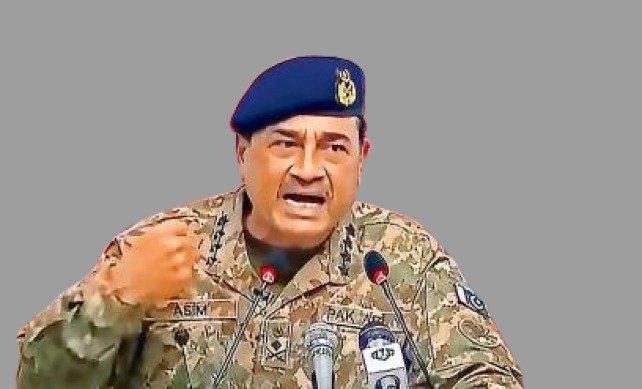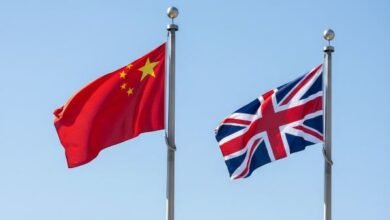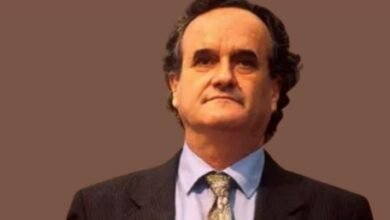
The True Post (Web News) – Pakistan’s forces have given such a befitting reply to India’s aggression that the echo was not only heard across the border, but the entire world recognized Pakistan’s military capability, determination and sacrifice.
Through “Operation Bunyan Marsaw”, Pakistan demonstrated its defensive strength, national unity, and resolve and gave a practical and decisive response to India. The Pakistani armed forces demonstrated what they said and did, Alhamdulillah!
Pakistan had warned India several times not to mistake Pakistan’s desire for peace as weakness. The Army Chief and DG ISPR had made it clear that any aggression would be met with a befitting reply. Operation ‘Bunyan Marsu’ is the fulfillment of this promise made to the nation, Alhamdulillah!
Army Chief General Asim Munir, citing verses from the Holy Quran, said that with the help and support of Allah, how many times has it happened that a small force defeated a large force?
The Pakistan Army Chief said, “Alhamdulillah! History has proven that the Pakistani armed forces and the nation have proven to be a leaden wall with full force against every aggression.”
The Army Chief said that Pakistan has a strong defense capability to protect its territorial integrity and sovereignty. We know very well how to defend the country’s integrity.
He further said that the 1.3 million Indian army cannot intimidate or threaten us with all its weapons. Our ancestors and we have made immense sacrifices to build this country and we also know how to protect it.
On the other hand, DG ISPR Lieutenant General Arshad Sharif Chaudhry had said that we are not a nation intimidated by India’s power, cunning and aggression, now wait for our response.
In addition, defense experts say that the world has seen how the Pakistani armed forces forced India to its knees by giving a befitting reply to Indian aggression. The Pakistani armed forces have proven through their passion, sacrifice, and actions that no power in the world can even imagine harming Pakistan.




